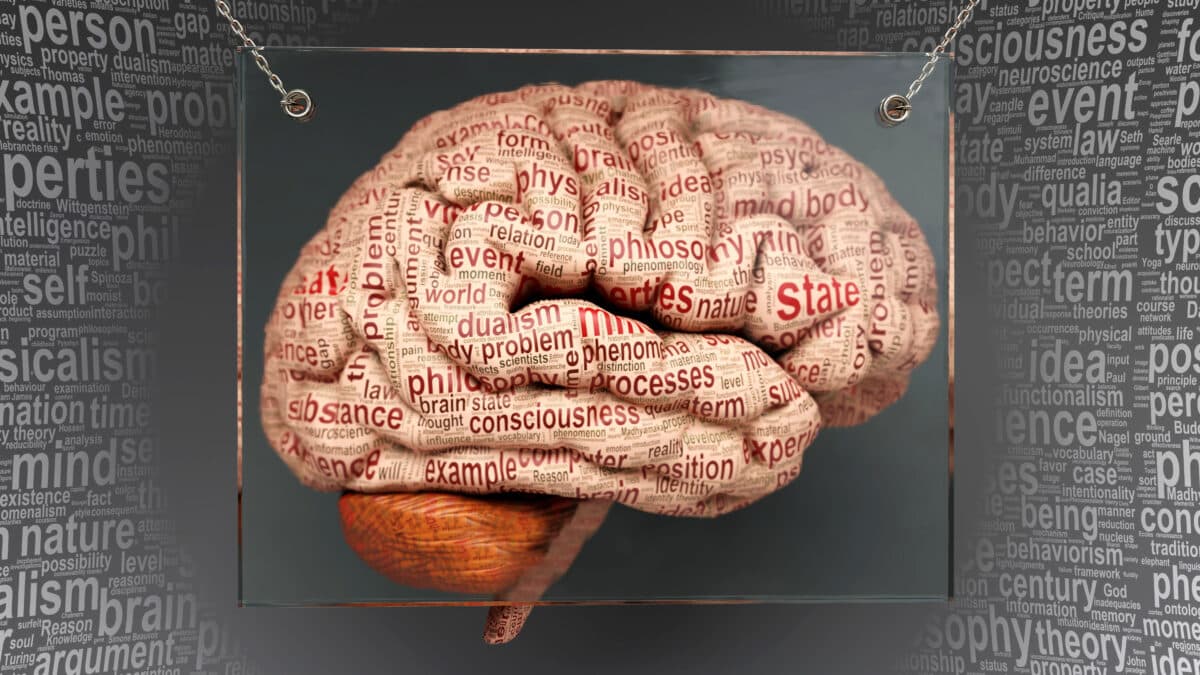neuroscience
Why Did NASA’s JPL Discriminate Against David Coppedge and Why Does It Matter?

Another Reason to Doubt the Relevance of Jeffrey Shallit
Materialist mathematician Jeffrey Shallit has a post on an article in the Globe and Mail about philosophy and the immateriality of the mind. Shallit’s post is titled “Another Reason to Doubt the Relevance of Philosophy”. Shallit doesn’t think much of philosophy: If philosophers think the view that “The brain is not an organ of consciousness. … The brain has no cognitive powers at all” deserves anything more than a good horselaugh, this simply shows how irrelevant philosophy has become … Our future understanding of cognition will come from neuroscience, not from Wittgenstein. Philosophy is plainly irrelevant to Shallit, which is the problem. Wittgenstein may not inform Dr. Shallit’s understanding of cognition, but Descartes, Kant, Hume, James, Skinner, Block, the Churchlands, Read More ›
AAUP Responds on Academic Freedom
Gary Rhoades at AAUP responded to my original post. My own response is below the fold.
Dear Mr. Crowther,
Apparently patience is not one of your stronger virtues, at least not in this case. If you were really interested in my response, or in the position of the AAUP, you might have had the courtesy to give me a reasonable amount of time to respond to your letter below (which came to me at 3:33p.m. EST today, whereas your posting below was 1:24 p.m today, though the time zone is not posted).
Upon returning to my emails late this afternoon, after addressing some other pressing matters earlier in the afternoon, I come to find that you have already posted the following on your organization’s website:
He pastes in this blog post.
Read More ›How Not to Defend Free Will
Friday in Washington, D.C. The American Enterprise Institute (AEI) hosted an event titled “Genes, Neuroscience, and Free Will.” The panel, which discussed whether new findings in neuroscience and genetics have destroyed our notion of free will, consisted of James Q. Wilson (Pepperdine), David Brooks (New York Times), Charles Murray (AEI), Sally Satel (AEI), and moderator Christina Hoff Sommers (AEI). I won’t bother to record the differing views of the panelists, for their differences were very few and very far between. Essentially, they all argued that we have an innate sense of free will and that findings in genetics and neuroscience have not undermined it because: (1) sure, genes determine behavior, but not 100%; often the environment contributes to our behavior Read More ›






































